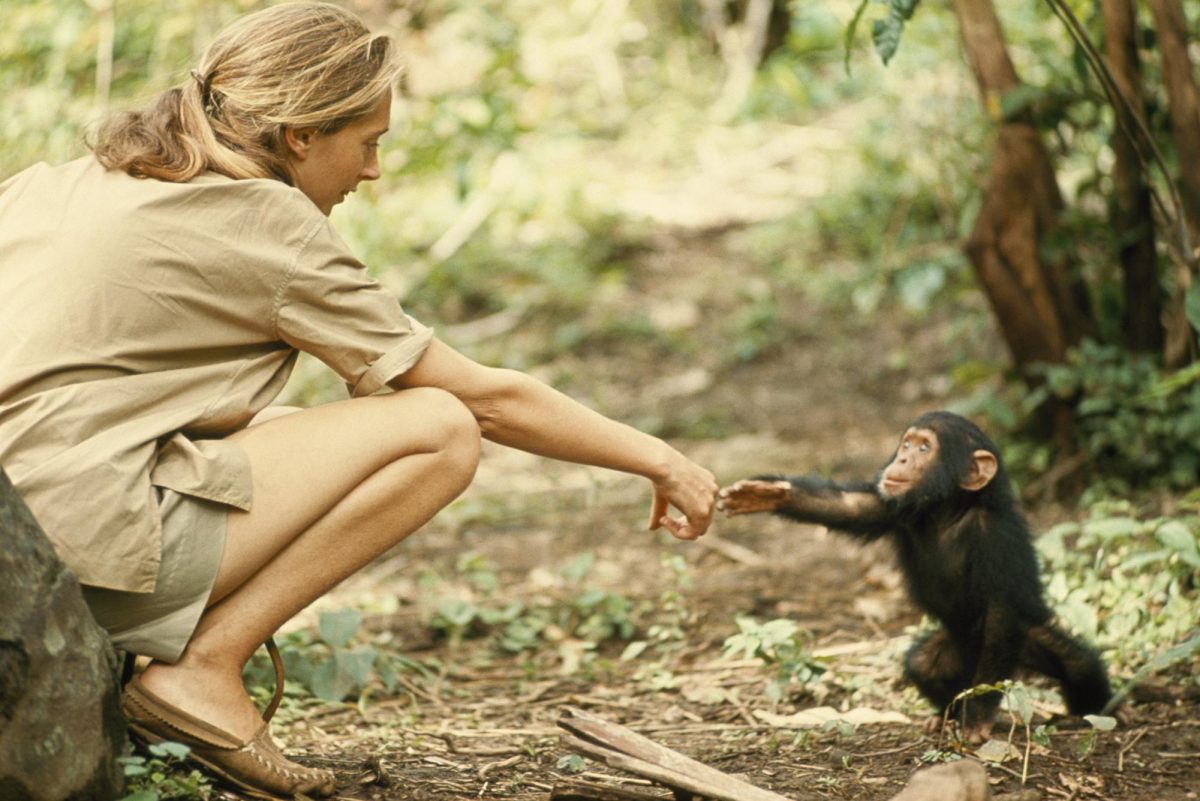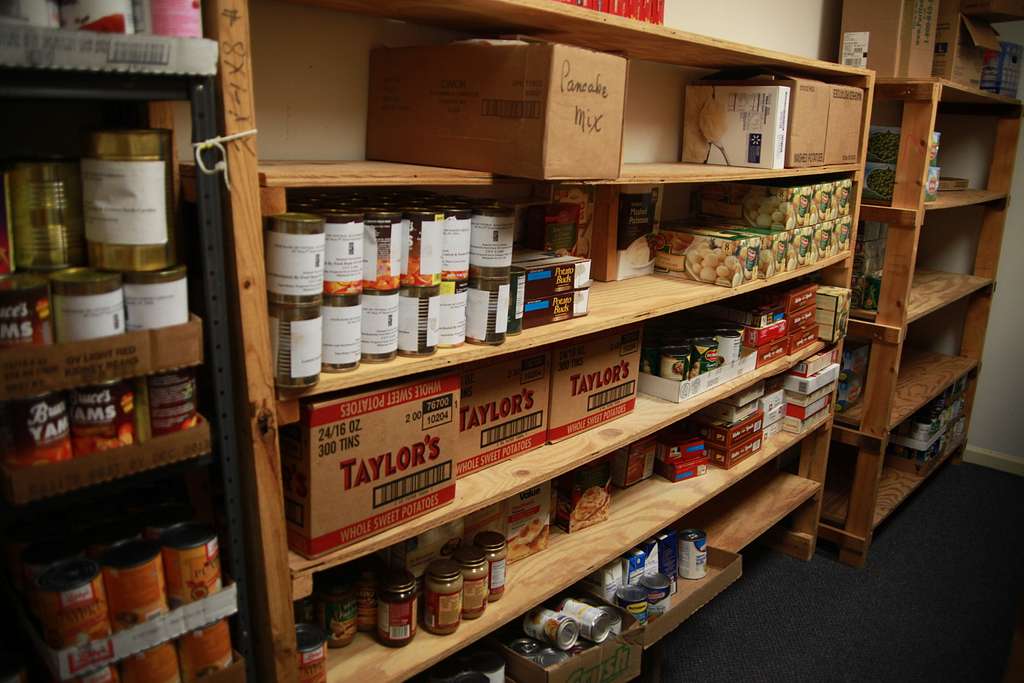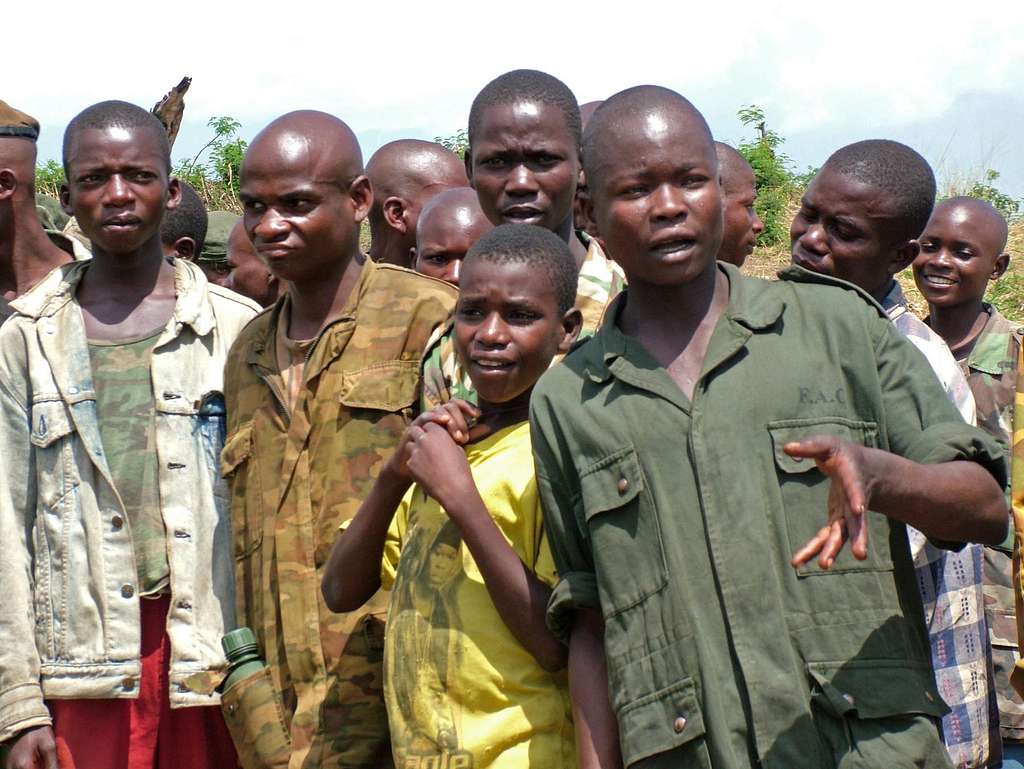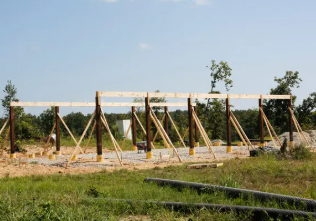Jane Goodall, the world-renowned primatologist who transformed the world’s view of chimpanzees and their connections to humans, has died at the age of 91. The Jane Goodall Institute (JGI) announced her death on October 1, 2025, stating she passed away from natural causes in the midst of her United States speaking tour.
Goodall’s career began at the age of 26 upon her arrival at the Tanzania Gombe Stream Chimpanzee Reserve in 1960. Invited by the well-respected anthropologist Dr. Louis Leaker, she began a study that would change the scientific field of primate research forever. She discovered that chimpanzees can make and use tools similarly to humans. This research has since been labeled as “one of the greatest achievements of twentieth-century scholarship.” Along with the use of tools, she also documented complex social behaviors such as hugging, kissing, and acts of kindness.
The San Antonio Zoo spoke on the impacts of Goodall’s work in a statement on social media. “She spent her life advocating for chimpanzees and all wildlife, her goal was to help people understand the true nature of animals and that each individual animal is important. While her work, words, and passion will live on, we send our thoughts and prayers to her family, friends, and colleagues.”
Goodall was born in England to Mortimer Morris-Goodall, an engineer, and novelist Margaret Joseph. Her fascination with animals and the natural world sprouted in her youth. Her mother, Margaret, encouraged her passions, often telling her, “If you really want this, you’ll find a way,” a quote Goodall lived by throughout her research.
Goodall became one of the few people ever to receive her doctorate without completing her bachelor’s degree. She earned a Ph.D. in ethology from Cambridge University in 1965, a rare feat for women at the time. Throughout her career, she broke barriers for women in science and pushed herself to become one of the most influential ethologists in an extremely male-dominated field.
She founded the Jane Goodall Institute in 1977, and it has since become a leading conservation organization. Her awards have included being named a United Nations Messenger of Peace in 2002, a Dame of the British Empire in 2004, and receiving the Presidential Medal of Freedom in 2025.
In addition to her scientific achievements, Goodall expanded her influence in her personal life as well. She married Dutch photographer Baron Hugo van Lawick in 1964, with whom she shared a son, Hugo. Goodall is survived by her son, Hugo, and three grandchildren. Countless tributes from around the world have honored her legacy in transforming the scientific world into what it is today.








